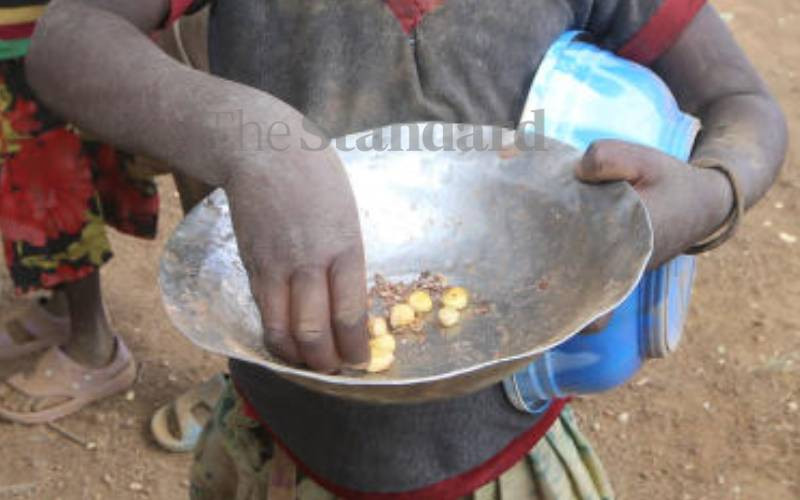×
The Standard e-Paper
Kenya’s Boldest Voice

An estimated 2.3 billion people globally (29.3 per cent) were food insecure last year, 350 million more compared to before the outbreak of Covid-19.
The State of Food Security and Nutrition in the World (SOFI) report advises lower middle-income countries like Kenya to support food and agriculture to improve affordability of healthy diets.